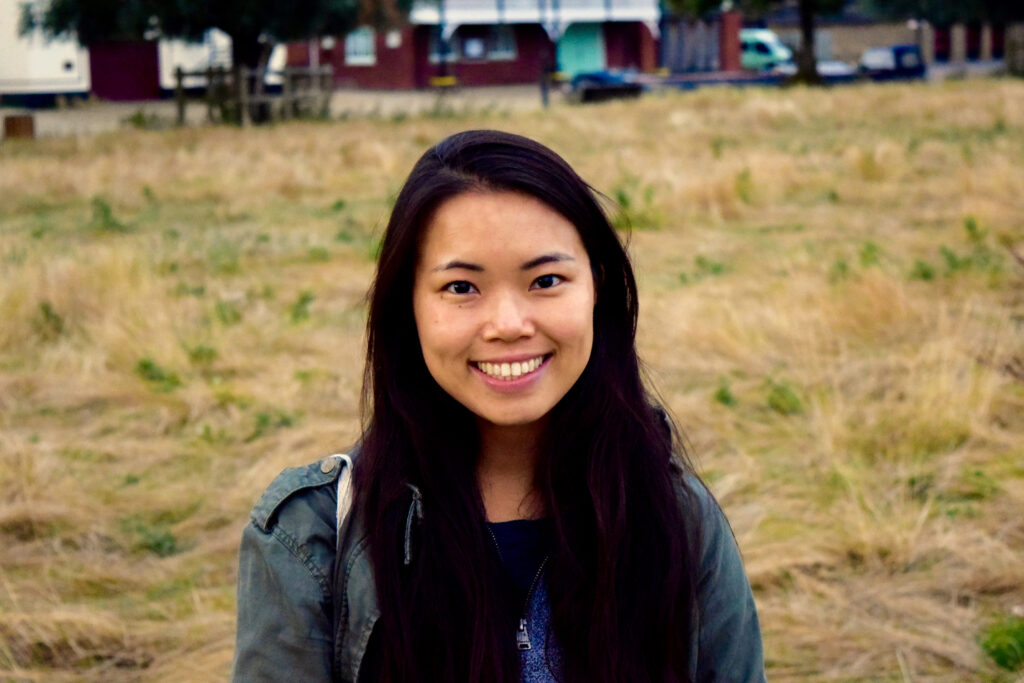Forums intended to address transnational social and environmental injustices are seemingly focal areas of contention every year. Conferences like the Conference of Parties (COPs) and other flagship events have captured the ire of some, who have grown used to the perfunctory statements of each year as the “most critical” year and built frustration over negotiation progress. But for others, particularly young people, who find themselves disenchanted with the current state (or lack thereof) of environmental progress, these very spaces of negotiations which are full of contradictions and hypocrisies are subverted as spaces for struggle and grassroots demands.
While there are incremental ‘wins’ at these conferences, even when they seem nominal, there is always a small glimmer of hope beyond the veneer of political performativity. It offers a space for like-minded people who would not have the resources or funding to otherwise meet others who are organising in their respective homes on issues of mutual concern.
It is precisely these spaces that gave rise to the formation of SustainED. For years, I participated in these arenas, feeling ambivalent about the material outcomes of each event. Yet, consistent in all of this, were the friendships that blossomed, leading to long conversations about our governments, corporations, and even our workplaces in somehow unfulfilling our lofty yet feasible goals that we imagined for our planetary future. This recognition triggered an idea that beyond ephemeral conferences, our meaningful discourses, partnerships and collaborations should be sustained through a more collaborative and participatory organisation. The amalgamation of these spontaneous
conversations ultimately led to the formulation of work inside SustainED.

The organisation runs on two main pillars, one centred around educational attainment and the other on knowledge production. Since our launch, we have provided mentorship to students and young professionals on how to conduct social justice research and community development projects in transnational settings. We mentor marginalised students to receive support and guidance to matriculate into higher education and collaborate with grassroots organisations to address issues of climate inequity, racism, gender and period poverty, education, and adult literacy. We also organise in times of heightened need and have distributed mutual aid, sanitary packages, and relief kits, according to the requests of our partners who inform us of their critical needs. Our ethos is centred on the belief of co-designing and collaborating our work with those who have experiences on the ground on the issues that directly affect them.
It is to a surprise that such seemingly small conversations around justice at environmental forums could lead to more sustainable and organised initiatives. But our impact, whether on an individual or a community, has shown us the importance of continuing and continuously adapting our work. We hope to upscale in future years, with greater impact and collaboration, to transform knowledge beyond the academy and reshape public attitudes towards environmental, educational, and social injustice to the wider public.
